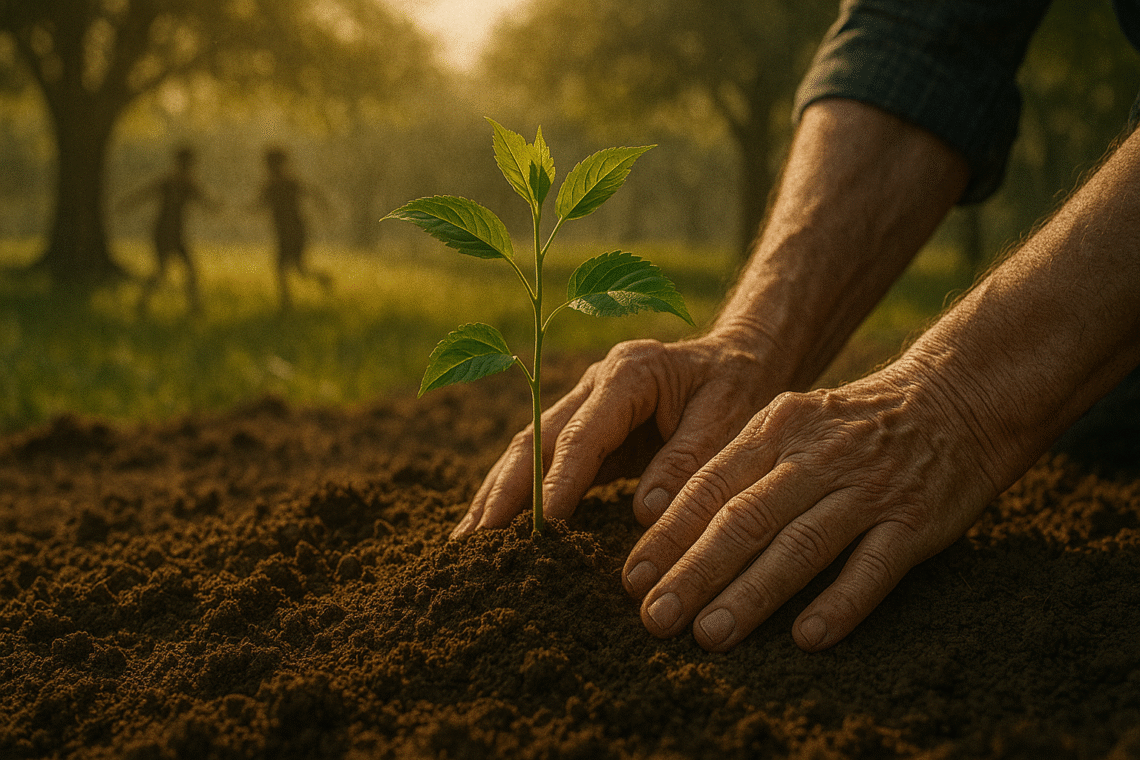There is a lovely old proverb, sometimes Greek, sometimes Chinese depending on who is quoting it, which says: “A society grows great when old men plant trees in whose shade they shall never sit.” It is a humbling reminder that the most generous acts are often those whose fruits are destined for others.
The temptation, of course, is to make everything about ourselves. We want to enjoy the fruit, bask in the shade, and have our names carved onto the trunk. But legacy worth its salt is not about self-enjoyment. It is about investment in a future one may never personally enjoy.
I see this principle in gardening. One does not plant a rose bush merely for oneself, but for the neighbour who walks past, for the stranger who catches its scent, for the bee that busies itself with its pollen. The gardener enjoys some of this, to be sure, but the deeper satisfaction lies in knowing that beauty and nourishment have been set loose into the world, regardless of who claims credit.
As I contemplate the world my nieces and nephews will inhabit, I find myself asking: what trees am I planting for them? Some are literal—recycling, supporting causes that defend the planet, resisting the wastefulness of convenience. Others are metaphorical—teaching kindness, modelling honesty, passing on the art of laughter at oneself. These trees may not shade me, but if they shade those I love, that is enough.
There is a certain humility in this posture. It is the humility of the sower who scatters seed without any guarantee of harvest. Yet it is also an act of faith. For to plant without hope is mere futility, but to plant with hope is a declaration: life is good, and worth sustaining.
And so, even as time reminds me of my own finitude, I shall go on planting. Not because I will sit beneath the branches, but because I wish others to. Perhaps one day, my nephews’ children will play beneath a tree that owes its life to a decision I made in obscurity. If so, I shall count it a triumph far greater than statues or memoirs.





